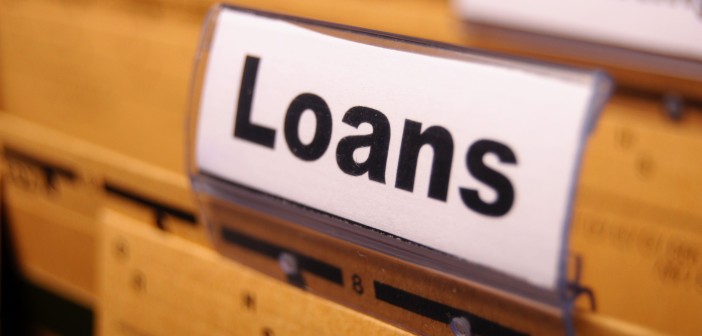Debt can be useful. It allows us to finance purchases we otherwise couldn’t afford. In a situation where you must pay for something in the immediate future, having a source of credit can mean the difference between dealing with a pressing problem and being forced to try to work out some kind of alternative. For example, if your kid breaks a tooth, you need to take them to the dentist as soon as possible. It’s not something that can wait until next month. Where the question gets trickier is determining whether a personal loan or credit card is better.
Total Interest Rates
The interest rates on credit cards can vary by type, especially when factoring in very low introductory rates. Someone with very good credit can score introductory rates as low as 0%, and single digit rates are common. On average, though, consumer credit cards hover in the 13-15% interest rates. If interest rates are your only concern, than personal loans and credit cards break about even. Unsecured personal loan interest rates are often in the same range as credit cards and can spiral over 20% depending on your circumstances, credit history and credit score.
Fixed Versus Variable
Most credit cards now employ a variable APR, which means the actual interest applied to your balance varies a daily basis. We talked with LoanSource who explained that “the variable rate makes it more difficult to understand the true cost of your credit card debt over time.” On the fixed versus variable measure, personal loans come out a little ahead. Personal loans typically apply a fixed interest rate, which means you know the exact cost of taking on debt and the exact payments due are the same every month. The fixed payment amount almost makes it easier to know exactly how to budget to pay off the debt.
Total Repayment Time
For many people, the value in total repayment time is more psychological than financial, assuming you make enough to cover the minimum credit card payment or a loan payment. The advantage of a credit card is that, as long as you make regular payments at or above the minimum balance due, you can maintain a balance indefinitely. Personal loans, however, create fixed periods in which you must repay your balance. The exact repayment periods can be as little as 24 months, but most personal loans max out at a 60 month repayment period. The fixed period of a loan can provide a psychological reinforcement to make payments that credit cards simply don’t provide.
Speed of Availability
In the speed department, credit cards come out on top. In most cases, you’ve already been through the application process and have the credit at your disposal when you need it. That makes the credit card the better solution for an immediate crisis, like a medical emergency. Most people do not a have a personal loan application in the works. You need to initiate the process, file paperwork, wait for the bank to check your credit history, and get approved before any money becomes available. Even in ideal circumstances with your regular bank, you’re still looking at a wait time of several days to more than a week.
Size
For the pure size of credit availability, personal loans come out on top. Personal loan sizes range from as little as $300 to as high at $100,000, depending on the bank. Unless you have an unusually high income and impeccable credit, most credit cards limits will fall far below the upper limits of a personal loan.
Determining whether a credit card or personal loan offers a better option is not a simple either-or question. The factors that make one better hinges on the timetable for when you need the credit, the interest rate you can tolerate and whether you require the psychological reinforcement of fixed repayment period.




